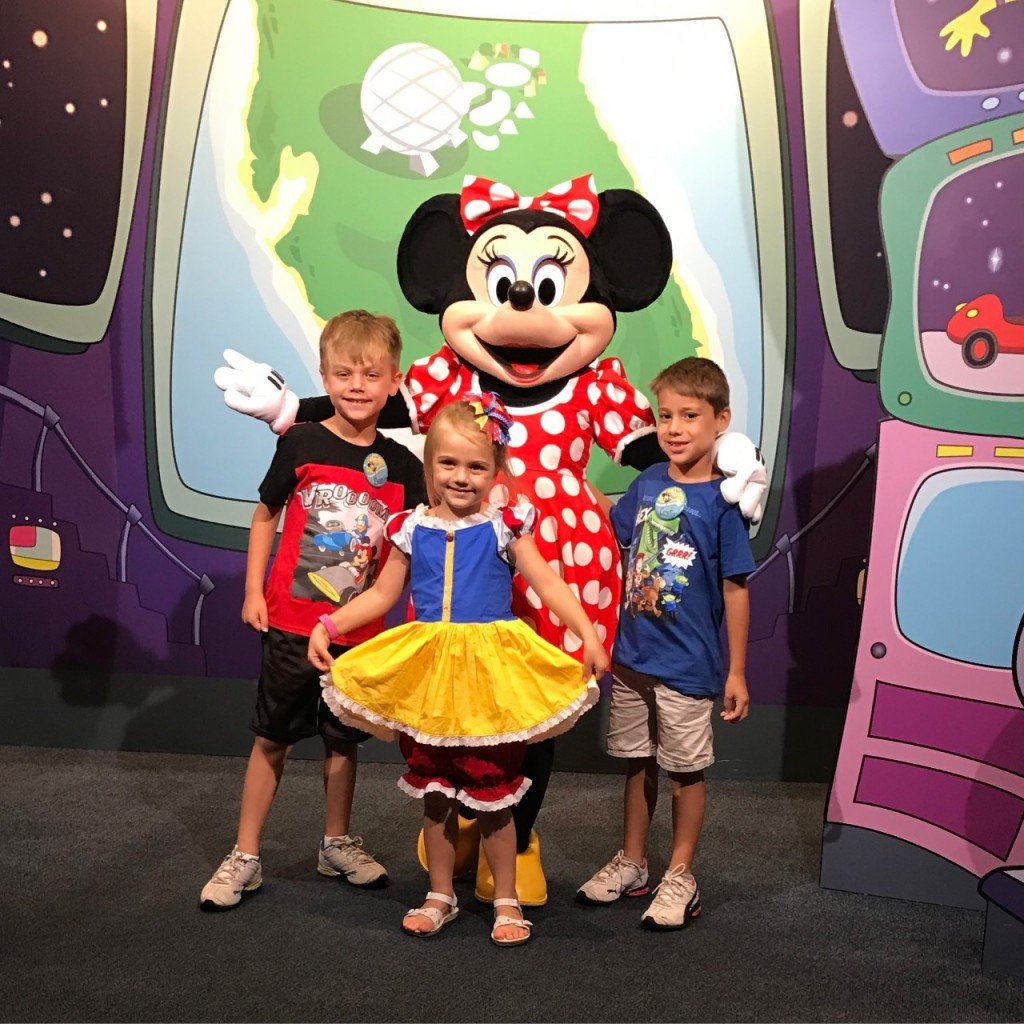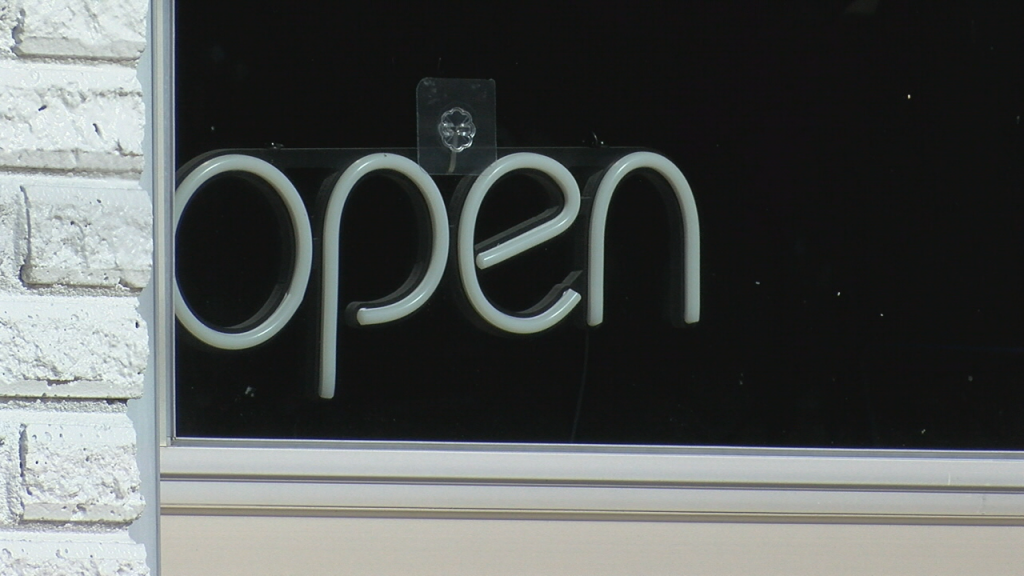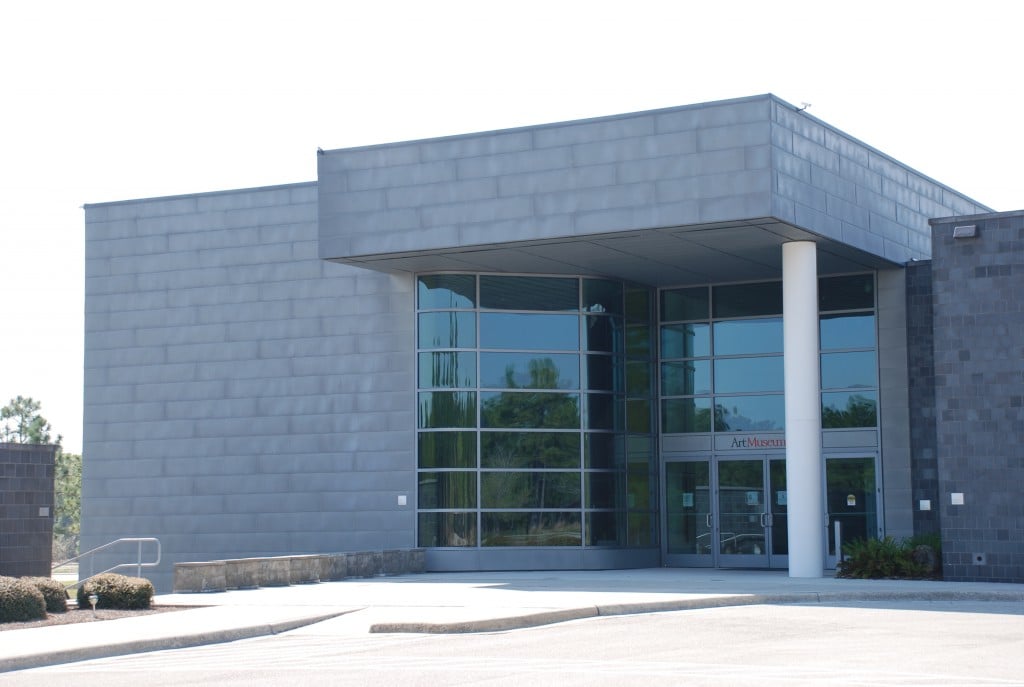Christmas in Hawaii? Not for many ECU fans.
Can someone please explain to me why the NCAA continues to play bowl games in Hawaii? Since 1982, the islands have hosted at least one bowl game, with the exception of 2001, when the now defunct Aloha and Oahu Bowls moved to the US mainland as the San Francisco Bowl (which never came to be) and Seattle Bowl (which last only two years). For two years, the Aloha and Hawaii Bowls actually played a double-header on Christmas Day, both to mostly empty Aloha Stadium. In 2002, college pigskin returned to Honolulu in the form of the Hawaii Bowl (which has included the host University of Hawaii three times since).
On paper, perhaps, a trip to Hawaii during the holidays to see your favorite team play is a good idea. But is it worth being thousands of miles from family and friends for Christmas? Now factor in the price of planning a trip to Hawaii with less than a month's prior notice, not to mention the game tickets. Most people are not going to shell out that kind of money for a game to reward what has likely been a mediocre season for their team. Take for instance East Carolina and Boise State.
The Pirates 7-5 season earned them a trip to play the Broncos December 23 in the Hawaii Bowl. ECU is on the hook for about 5,000 tickets. But the Pirates' ticket manager told the Associated Press recently the school knows 5,000 fans will not make the trip to help fill the 50,000-seat stadium, which does have a view of the USS Arizona Memorial in nearby Pearl Harbor.
"Right now, we're pushing 200 that have ordered," Assistant athletic director for ticketing and marketing Scott Wetherbee said. "If I had to guess, I would hope we would have 400 or 500 make the destination. We told them to send us about 1,000 and the rest of our allotment we would try to donate."
In an interesting bit of holiday generosity, ECU fans are buying tickets they don't plan to use, and instead donating them to members of the military stationed in Hawaii and their families. That's nice and all, but why have to make that trip in the first place? Boise State is in the same position. A year after more than 20,000 Broncos fans traveled to Arizona to see their team pull off a big upset of Oklahoma in the Fiesta Bowl, only a couple hundred Boise State boosters have bought Hawaii Bowl tickets. It probably doesn't help that 2,000 fans traveled for the team's game at Aloha Stadium against Hawaii the day after Thanksgiving.
There are a lot of positives about trips to bowl games, but there are plenty of negatives, too. The games supposedly reward players and fans for a good season. But with 32 bowls this year, meaning 64 of the 119 FBS teams able to play in the post-season, is it really that much of a reward, especially at such a big cost? Another of the positives is the additional exposure and the payout for playing in the bowl. But many of the bowls don't pay that much. For example, the Hawaii Bowl reportedly paid each team in last year's game less than $400,000 (much less than the $17 million for teams in the five BCS bowl). That's not much when you're talking about flying an entire football team to the islands, putting them up in a hotel (though bowl sponsor Sheraton may help with that), feeding them and giving them a per diem and a bowl gift as allowed under NCAA rules. ECU will probably also have to pay for any unpurchased game tickets. I wouldn't be surprised if the athletics department actually loses money on the trip. As for the national TV exposure, the NFL has games that day. Plus there are plenty of holiday distractions.
Hawaii is just one of many bowl games we as football fans could do without. The Roady's Humanitarian Bowl (Roady's, by the way, is apparently a chain of truck stops) in Boise is next on the list, especially with an ACC tie-in. It's supposed to be marketed as a bowl with a built-in holiday sky trip. Alas, there are plenty of empty seats in the often snow-filled Bronco Stadium (though, the blue turf looks great tinged with the frosted white). Clemson fans who went a few years ago actually tried to show their economic impact on the city by using $2 bills stamped with orange paw prints. The Tigers, like the Pirates in Hawaii this year, wound up donating lots of tickets, in that case to Idaho charities. UCLA actually passed on the Humanitarian Bowl in 2001 after projecting a loss of $300,000 if the Bruins made the trip.
The fact is, games in places like Honolulu, Boise, San Jose, Mobile, Ft. Worth and Albuquerque don't draw fans and typically don't generate games people who are not fans of the teams playing want to watch. So why bother? If you're going to have 64 teams play in the post-season, at least make it a playoff.





Leave a Reply